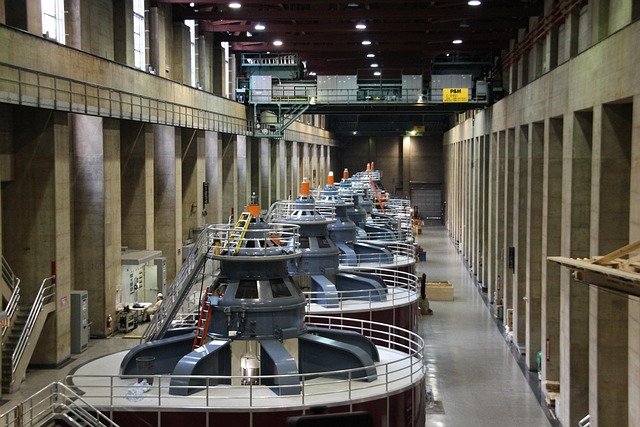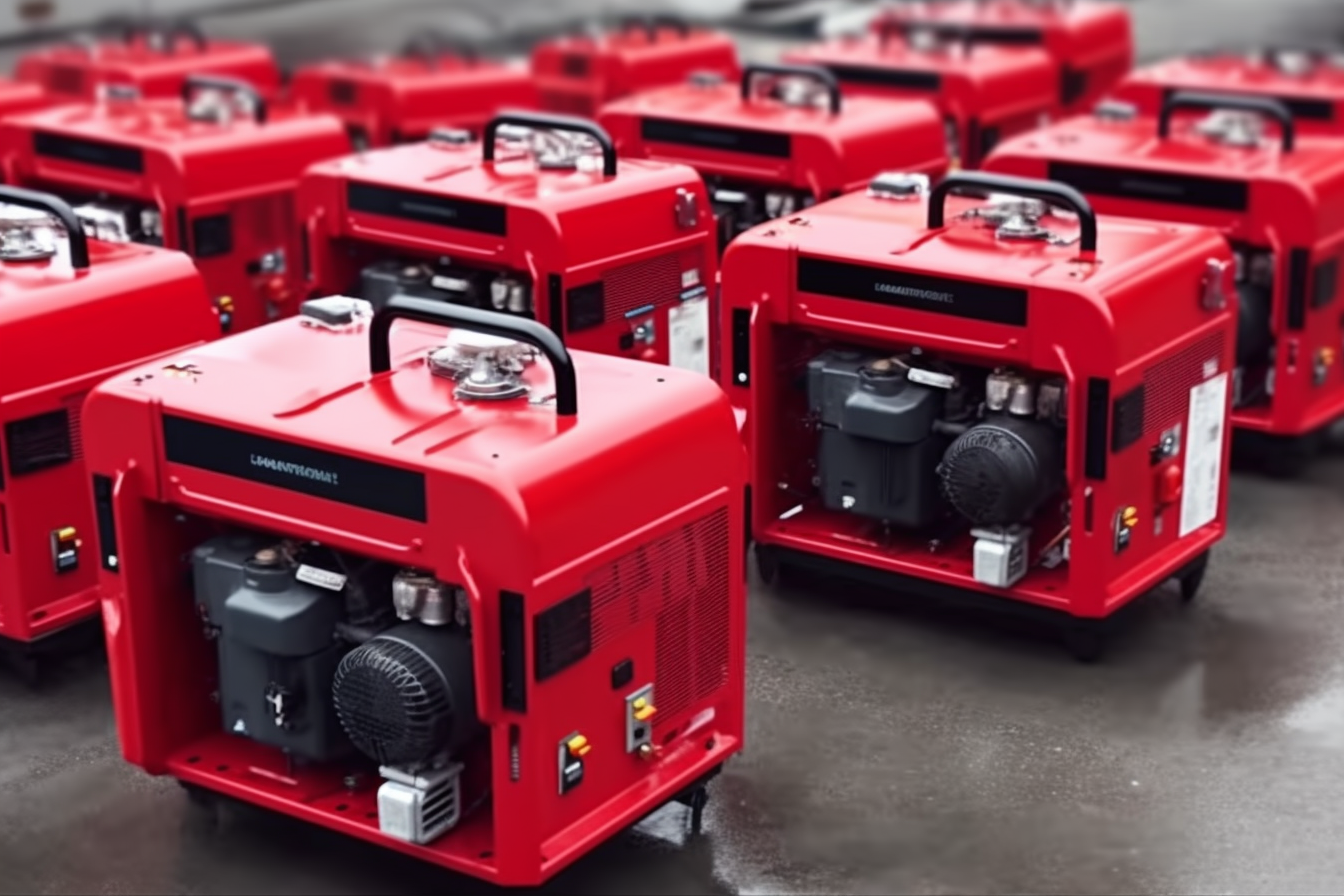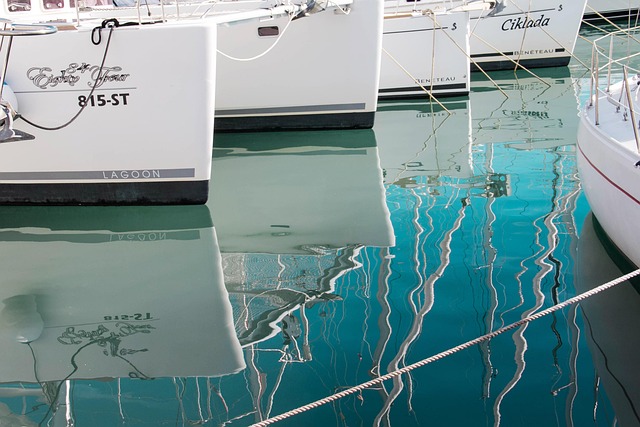The Complete Guide to Power Generator Financing Options
In today's uncertain energy landscape, power generators have become essential investments for both homes and businesses. Whether you're looking to protect against loadshedding, ensure business continuity during outages, or power remote operations, securing a generator involves significant financial considerations. Fortunately, multiple financing paths exist beyond outright purchase, including lease-to-own arrangements that make this crucial equipment more accessible while preserving capital and offering unique financial benefits.

Advantages of Lease-to-Own Generators
Lease-to-own programs represent one of the most flexible ways to acquire a power generator without the substantial upfront investment. This arrangement allows you to use the generator immediately while making regular payments toward eventual ownership. The primary advantage is cash flow preservation—rather than depleting capital reserves, you can allocate funds to other business priorities or household needs while still securing reliable power.
Another significant benefit is the try-before-you-buy aspect. Leasing gives you extended hands-on experience with a specific generator model, ensuring it meets your power requirements before committing to ownership. Additionally, many lease-to-own contracts include maintenance coverage during the lease period, reducing unexpected repair costs and ensuring optimal performance throughout the generator’s early life.
Tax benefits constitute another compelling reason to consider lease-to-own arrangements. In many jurisdictions, lease payments may qualify as operational expenses rather than capital expenditures, potentially offering more favorable tax treatment than outright purchases. However, tax implications vary based on specific lease structures and local regulations, so consultation with a financial advisor remains essential.
Financing Options for Generators
Beyond lease-to-own arrangements, several other financing options exist for acquiring power generators. Traditional bank loans offer competitive interest rates for qualified borrowers with strong credit profiles. These typically require a down payment (often 10-20%) and involve fixed monthly payments over terms ranging from 2-7 years, depending on the generator’s cost and expected lifespan.
Manufacturer financing provides another pathway, with many major generator companies offering in-house financing programs. These arrangements often feature promotional rates, especially during seasonal campaigns, and may include bundled maintenance packages not available through third-party lenders. The application process typically streamlines approval compared to traditional bank financing.
For businesses, equipment finance agreements (EFAs) present an attractive alternative. These arrangements function similarly to loans but may offer more flexibility regarding ownership transfer and end-of-term options. EFAs often feature fixed interest rates and predictable payment schedules, allowing for precise budgeting throughout the agreement term.
Choosing the Right Generator
Selecting the appropriate generator requires careful consideration of your power requirements, installation location, and fuel preferences. Begin by calculating your total power needs by listing essential appliances and equipment that must remain operational during outages. For residential applications, common needs include refrigeration, lighting, heating/cooling, and communication devices. Business requirements typically involve computer systems, essential machinery, security systems, and climate control.
Generator capacity, measured in kilowatts (kW), should match your calculated needs with a buffer for starting surges and future expansion. Residential backup solutions typically range from 7-22kW, while commercial applications might require 25kW to several hundred kilowatts depending on operation size and criticality.
Fuel type represents another crucial decision point. Diesel generators offer longevity and fuel efficiency for extended operation but require more maintenance. Natural gas generators connect to existing gas lines for continuous operation without refueling but may be unavailable during widespread disasters. Petrol generators provide lower initial costs but higher operational expenses and limited runtime between refueling. Each fuel type offers distinct advantages depending on your specific situation and infrastructure availability.
Real-World Cost and Provider Comparison
The investment in a power generator varies widely based on capacity, features, and quality. Understanding the financial landscape helps in planning appropriate financing strategies.
| Generator Type | Provider Example | Purchase Cost Range | Typical Lease Monthly Payment |
|---|---|---|---|
| 8kW Residential Standby | Generac | R120,000-R165,000 | R2,800-R3,900 |
| 20kW Residential Standby | Kohler | R220,000-R295,000 | R5,200-R7,000 |
| 50kW Commercial Standby | Caterpillar | R450,000-R650,000 | R10,600-R15,400 |
| 10kW Portable | Honda | R35,000-R70,000 | R825-R1,650 |
| 100kW Industrial | Cummins | R850,000-R1,200,000 | R20,000-R28,400 |
Prices, rates, or cost estimates mentioned in this article are based on the latest available information but may change over time. Independent research is advised before making financial decisions.
Where to Find Affordable Generator Lease Options
Several channels exist for securing competitive generator leasing arrangements. Generator manufacturers often provide direct leasing programs with standardized terms and bundled maintenance packages. These manufacturer-direct options frequently offer promotional rates and simplified approval processes, particularly advantageous for businesses with established credit histories.
Equipment finance companies specialize in leasing various capital equipment, including generators. These specialist firms often provide more flexible terms and may accommodate businesses with less-than-perfect credit profiles. Their expertise in equipment valuation allows for more accurate residual value calculations, potentially lowering monthly payments compared to general-purpose lenders.
Local power equipment distributors frequently partner with financial institutions to offer leasing options alongside their product range. These arrangements combine knowledgeable equipment guidance with convenient financing, creating a one-stop solution. Working with local distributors also facilitates more personalized terms based on regional market conditions and longer-term service relationships.
Conclusion
Power generator financing, particularly through lease-to-own arrangements, presents an accessible pathway to energy security without depleting capital resources. By carefully evaluating your power requirements, comparing available financing options, and selecting reputable providers, you can secure reliable backup power while maintaining financial flexibility. Whether protecting your home during outages or ensuring business continuity, today’s diverse generator financing landscape offers solutions tailored to virtually any budget and power requirement.




